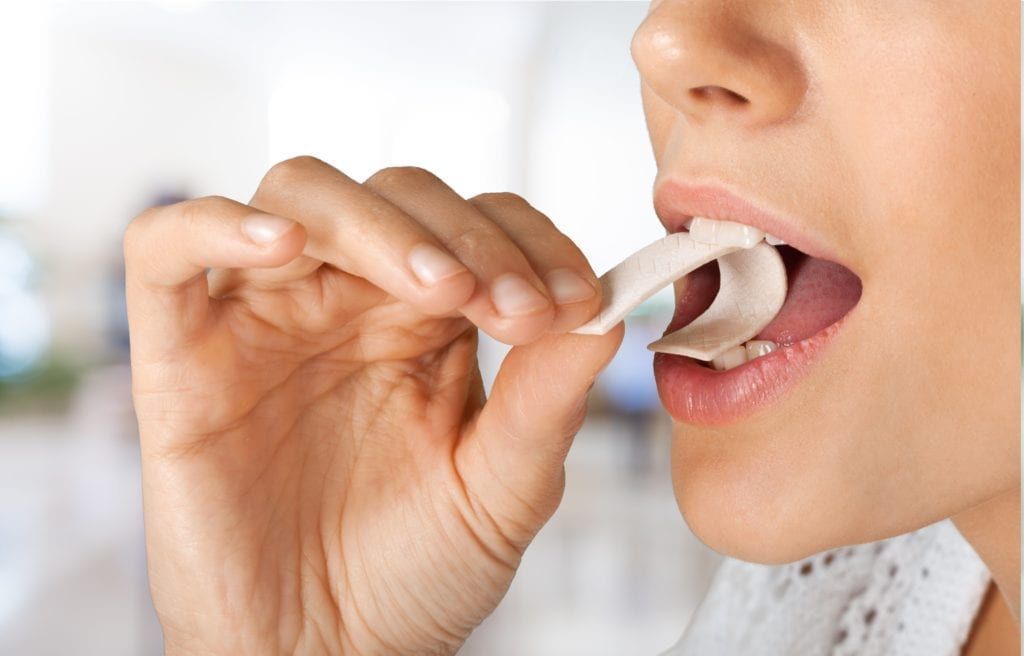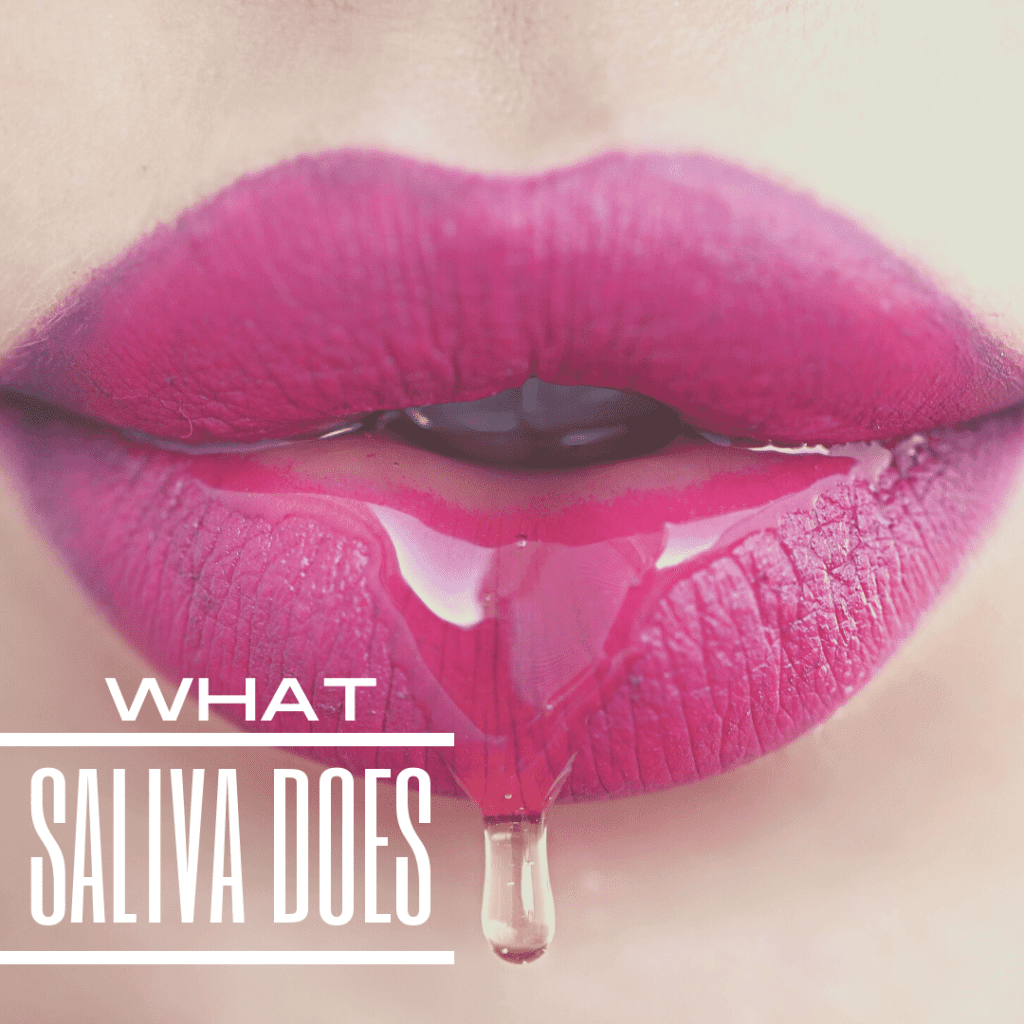Did you know that saliva is extremely important to your oral health? Saliva, also commonly known as spit, is composed of water, bacteria, viruses, enzymes, blood cells, mucus, and undigested food particles. Everyday, your body produces 2-4 pints of saliva from salivary glands in three locations: under the tongue, inside the cheek, and near the front teeth. In addition to lubricating the inside of your mouth, saliva also plays several important roles in maintaining both your oral and overall health. Let’s take a look at just what saliva does:
Protects the Teeth
Saliva protects your teeth from decay-causing bacteria by acting as a protective barrier. It also contains bicarbonate, which helps to neutralize the acids produced by bacteria and consumed in acidic foods and beverages. Not only that, but saliva also contains calcium, phosphorus, and magnesium, which strengthen the enamel. By preventing the enamel from being damaged by acid and helping to strengthen the enamel, saliva helps to decrease the risk of tooth decay.
Prevents Gum Disease
Saliva also helps to protect your gums from developing gum disease by keeping the mouth clean after meals in two ways. First, saliva helps to flush food particles from the mouth down the esophagus. This decreases the amount of food particles that remain in the mouth, which also decreases the amount of plaque that forms along the gum line. Second, saliva has antimicrobial properties that help to prevent bacterial populations from growing by destroying bacterial cells.
Prevents Bad Breath
Another helpful thing saliva does for us is prevents bad breath, or halitosis. This is because saliva decreases the amount of bacteria in the mouth, as well as the amount of dental plaque that accumulates on the surface of the teeth and along the gum line. Since bad breath is caused by large amounts of bacteria and plaque, this helps to prevent bad breath.
Necessary for Eating
While many people focus on their teeth for eating, saliva is also another important part of eating. If you have ever tried to eat with a dry mouth, you will understand how important it is. For starters, saliva helps to soak your food so that it is soft enough to chew and swallow without choking. Saliva also contains amylase, which is an enzyme that begins the digestion process by breaking down starches in the mouth. Your ability to taste food is also attributed to saliva breaking down foods into chemicals that your tongue’s taste receptors can process. If you were to eat with a dry mouth, your food would all taste the same or it may possibly have a bitter taste.
Holds Dentures in Place
For individuals who have no teeth, saliva is still important. In these cases, saliva is used to create the suction necessary for holding dentures in place. It is also important to prevent denture sores by properly lubricating the gums.

Unfortunately, some people have a condition known as dry mouth, or xerostomia, that is characterized by a lack of saliva production. This condition can be the result of other medical conditions or even a side effect of certain medications. Regardless of its cause, dry mouth can pose a threat to your oral health due to the fact that all the aforementioned functions of saliva are decreased. Therefore to combat dry mouth, it is important to take steps to increase your saliva production. These can include:
- Drinking water frequently
- Chewing on sugarless gum
- Sucking on sugarless candy
- Switching medications (if possible)
- Limit caffeine intake since it makes dry mouth worse
- Avoid mouthwashes that contain alcohol
- Use a humidifier
- Try over the counter saliva substitutes


